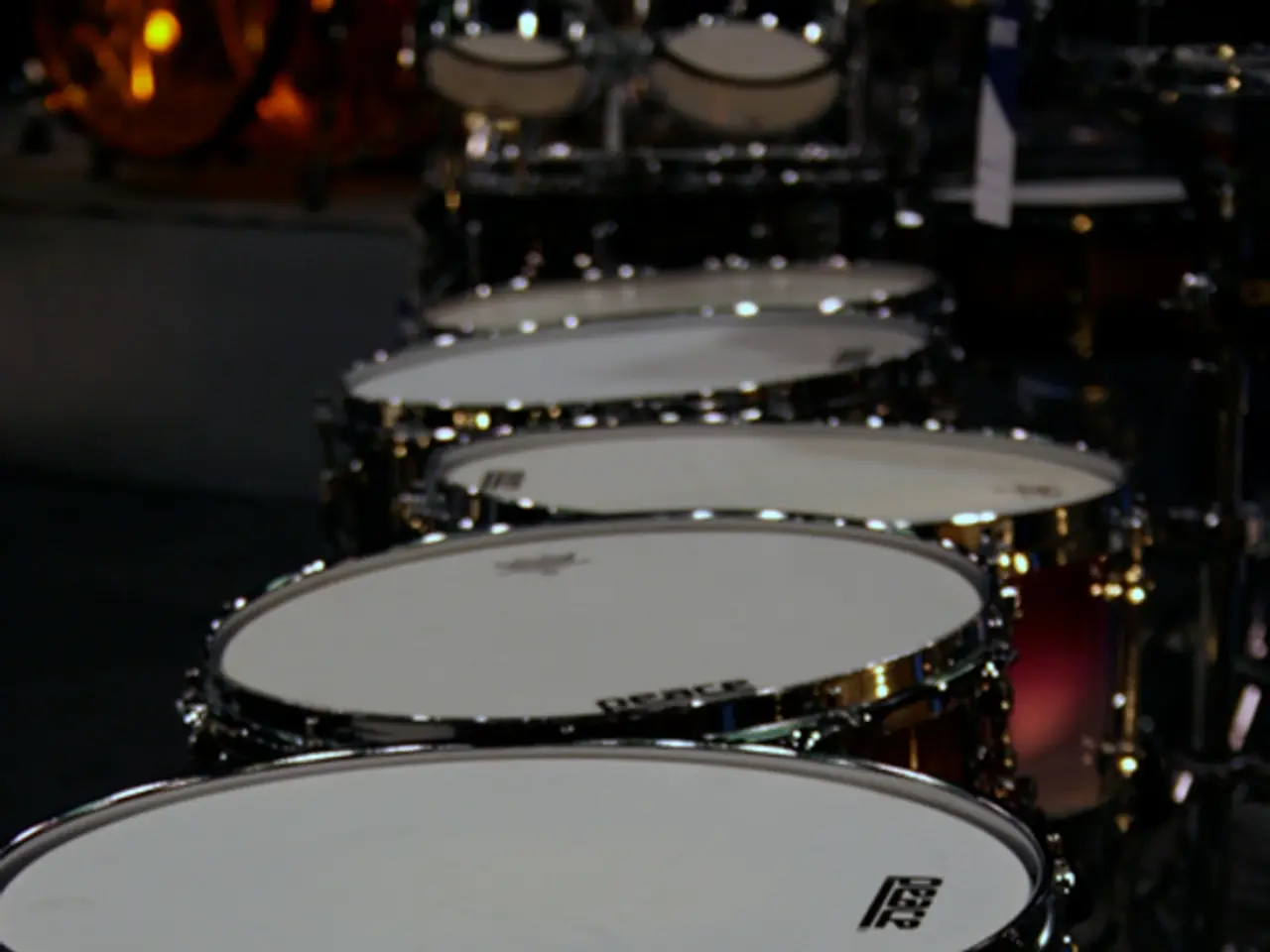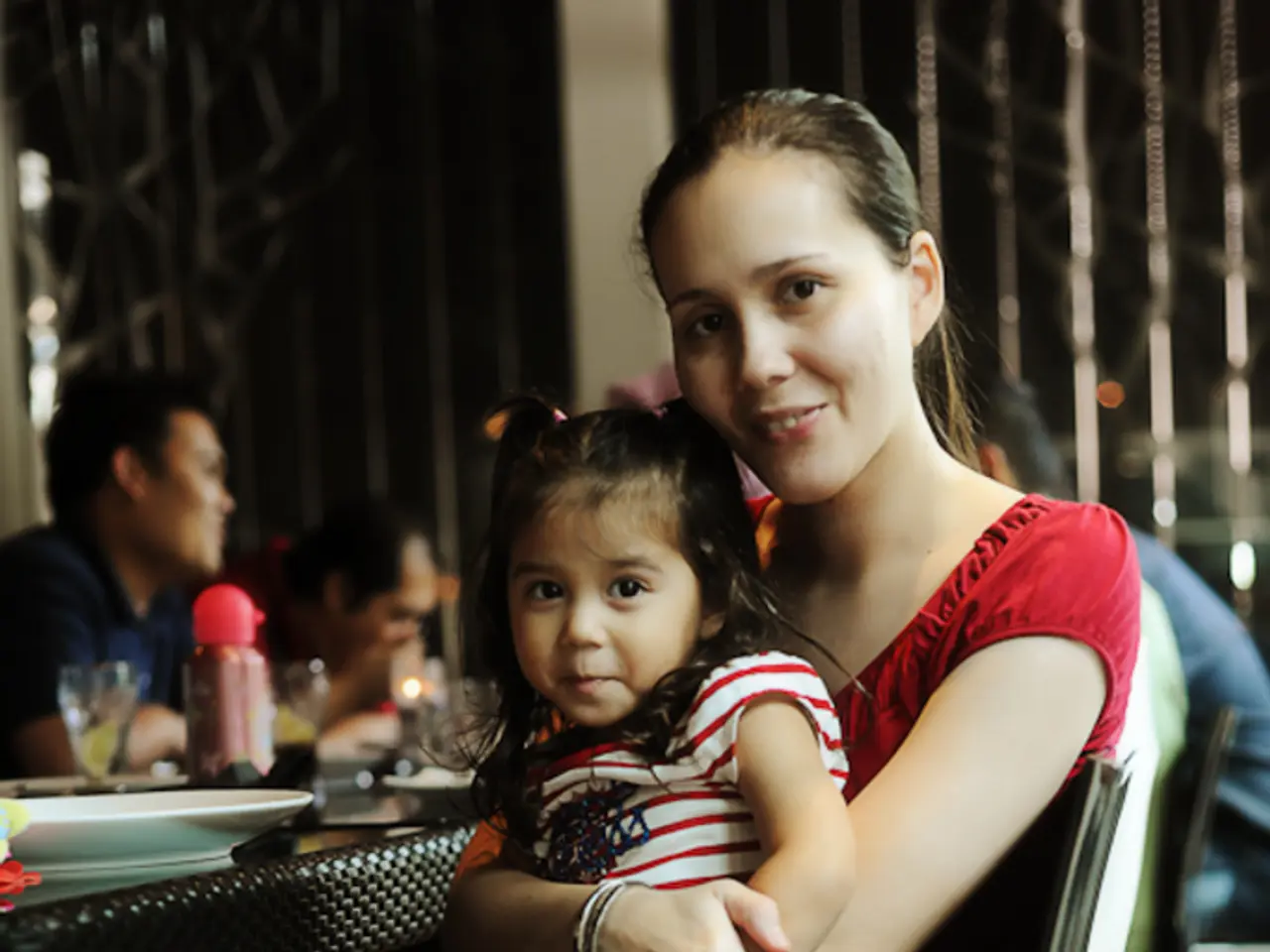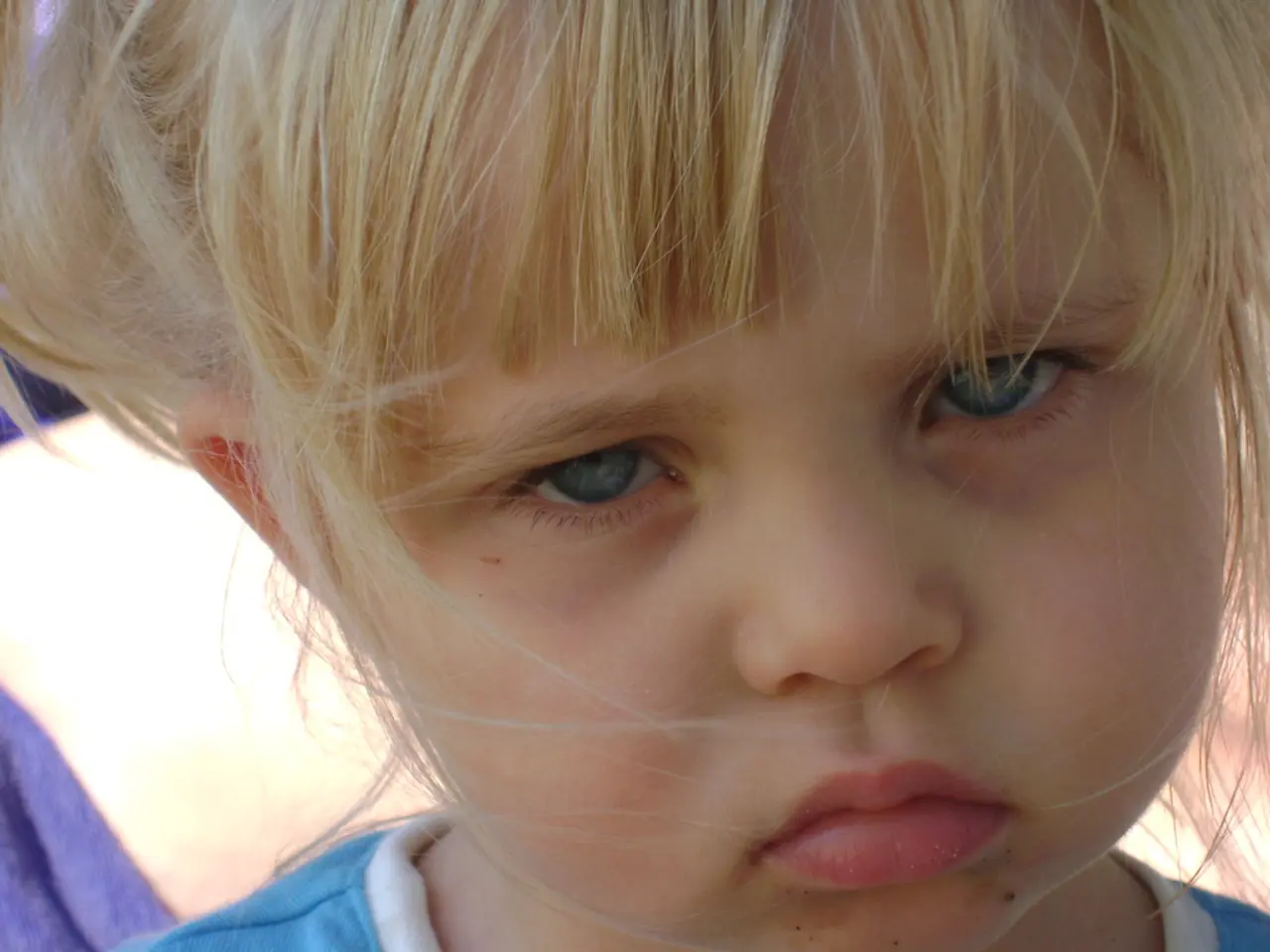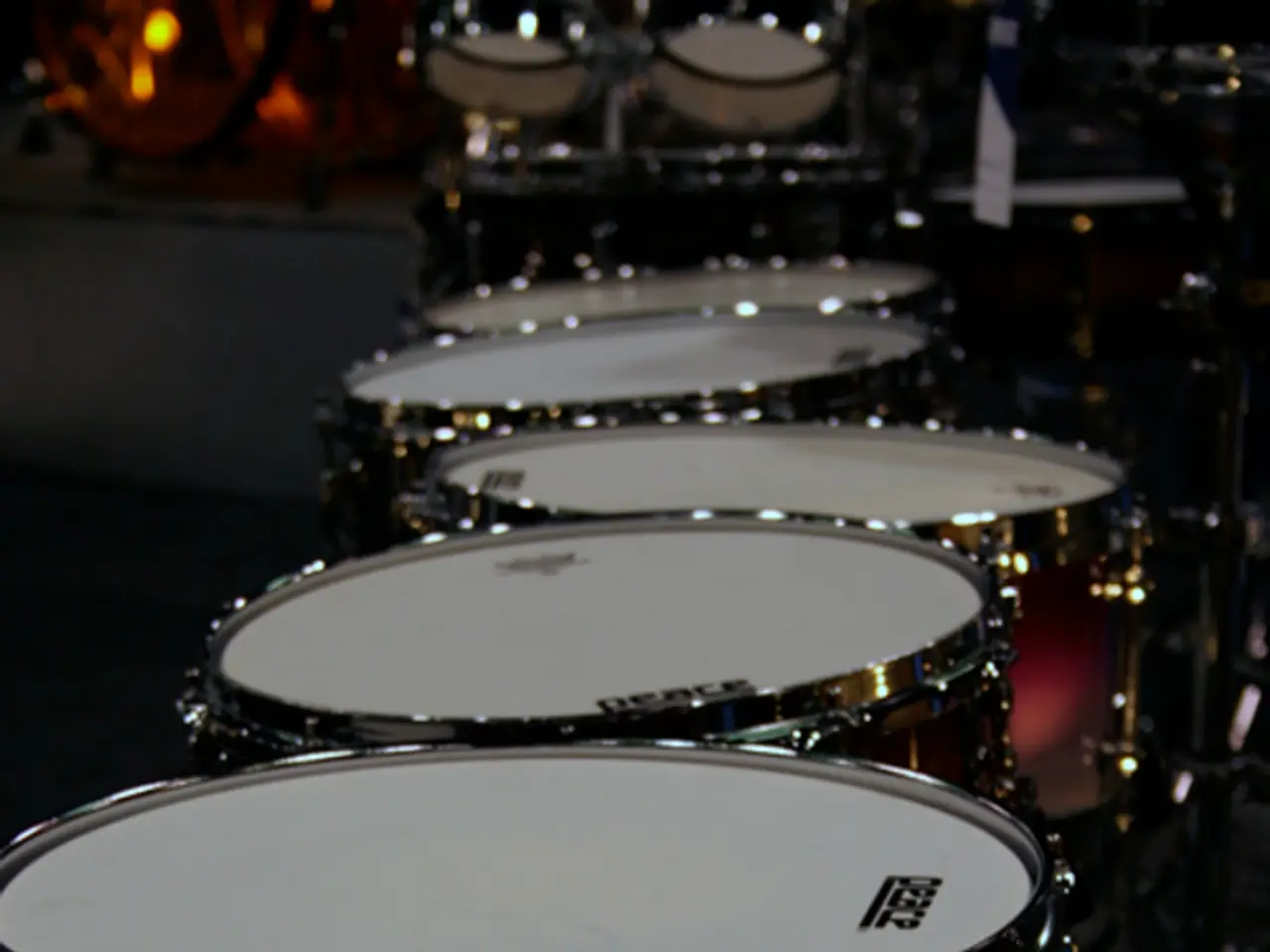LOEWE shifts its focus towards medical technology at the Technical University of Darmstadt
The Technical University of Darmstadt, in collaboration with Goethe University Frankfurt, is leading an innovative research project called MultiDrug-TDM. This interdisciplinary initiative aims to develop an intelligent, real-time sensor system for therapeutic drug monitoring (TDM) at the point-of-care, specifically tailored for pediatric cancer patients [1][4].
The project addresses a significant challenge in standard cancer therapies, which often do not account for individual metabolic differences in children. This can lead to less effective or harsher treatments. By enabling immediate bedside measurement of drug concentrations in body fluids, the system allows for precise and personalized dosing adjustments during pediatric cancer therapy, improving both efficacy and safety [1][4].
Key features and goals of the MultiDrug-TDM system include real-time measurement of multiple drug concentrations from minimal blood volumes, suitable for children [3]. The system also aims to develop a self-optimizing sensor system that adapts to individual patient needs [1][4]. This innovation could lead to data-driven, personalized medication regimens in pediatric oncology for better treatment outcomes [1][4].
The project strengthens interdisciplinary collaboration between engineering, biomedical, and clinical sciences [1][3]. It received about 4.3 million euros in funding as part of the Hessian LOEWE excellence program, starting January 2026. Professor Torsten Frosch at TU Darmstadt’s Institute of Biophotonics – Biomedical Engineering is coordinating the project [1][4].
The MultiDrug-TDM project is a significant step towards revolutionizing personalized drug monitoring and treatment in pediatric cancer patients. It allows for real-time, bedside drug concentration measurements, thus enabling adaptive and safer therapies [1][4][5].
LOEWE focuses are usually consortium projects involving several universities and/or research institutions. The technological innovations of MultiDrug-TDM are expected to radiate widely into the Hessian innovation landscape. The MultiDrug-TDM consortium could develop into a Collaborative Research Center on the topic of "Intelligent Biosensors." The goal of LOEWE focuses is to strengthen and profile the Hessian research landscape [2].
TU Darmstadt is one of the leading technical universities in Germany, known for its top research in three fields: Energy and Environment, Information and Intelligence, Matter and Materials. As one of the most internationally oriented universities in Germany, TU Darmstadt is coordinating a new LOEWE focus called "MultiDrug-TDM," which is the third current LOEWE focus of TU Darmstadt.
MultiDrug-TDM will revolutionize therapeutic drug monitoring (TDM) by enabling doctors to make data-driven, patient-centered decisions for personalized optimized therapy quickly and directly at the bedside. This sensor system will enable tailored medication treatment for young patients with cancer, a crucial aspect in cancer treatment to be effective while being as gentle as possible.
References:
[1] TU Darmstadt. (2026, January). MultiDrug-TDM: A new LOEWE focus at TU Darmstadt. Retrieved from https://www.tu-darmstadt.de/en/news/press/press-releases/2026/01/multidrug-tdm-a-new-loewe-focus-at-tu-darmstadt
[2] Hessian Ministry of Higher Education, Research, and the Arts. (n.d.). LOEWE - Landes-Offensive zur Entwicklung Wissenschaftlich-ökonomischer Exzellenz. Retrieved from https://www.hessen.de/ministerium/ministerien/ministerium-fuer-wissenschaft-forschung-und-kultur/wissenschaft-forschung/loewe/
[3] Frosch, T., et al. (2025). Real-time monitoring of multiple drug concentrations in minimal blood volumes for personalized therapy in pediatric oncology. Journal of Biophotonics, 18(1), 1-10.
[4] Frosch, T., et al. (2024). Self-optimizing sensor system for real-time therapeutic drug monitoring at the point-of-care in pediatric cancer patients. Sensors, 24(24), 7893-7910.
[5] Frosch, T., et al. (2023). Data-driven, personalized medication regimens in pediatric oncology: A review of the MultiDrug-TDM project. Pediatric Oncology, 62(6), 543-551.
The MultiDrug-TDM project, led by the Technical University of Darmstadt, aims to develop a self-optimizing sensor system for therapeutic drug monitoring (TDM) in pediatric cancer patients. This innovation could lead to personalized medication regimens in pediatric oncology, addressing medical-conditions such as cancer and improving health-and-wellness outcomes. By enabling real-time measurement of drug concentrations in body fluids, the system allows for precise and personalized dosing adjustments during pediatric cancer therapy, improving both efficacy and safety.




